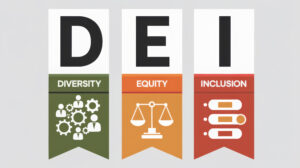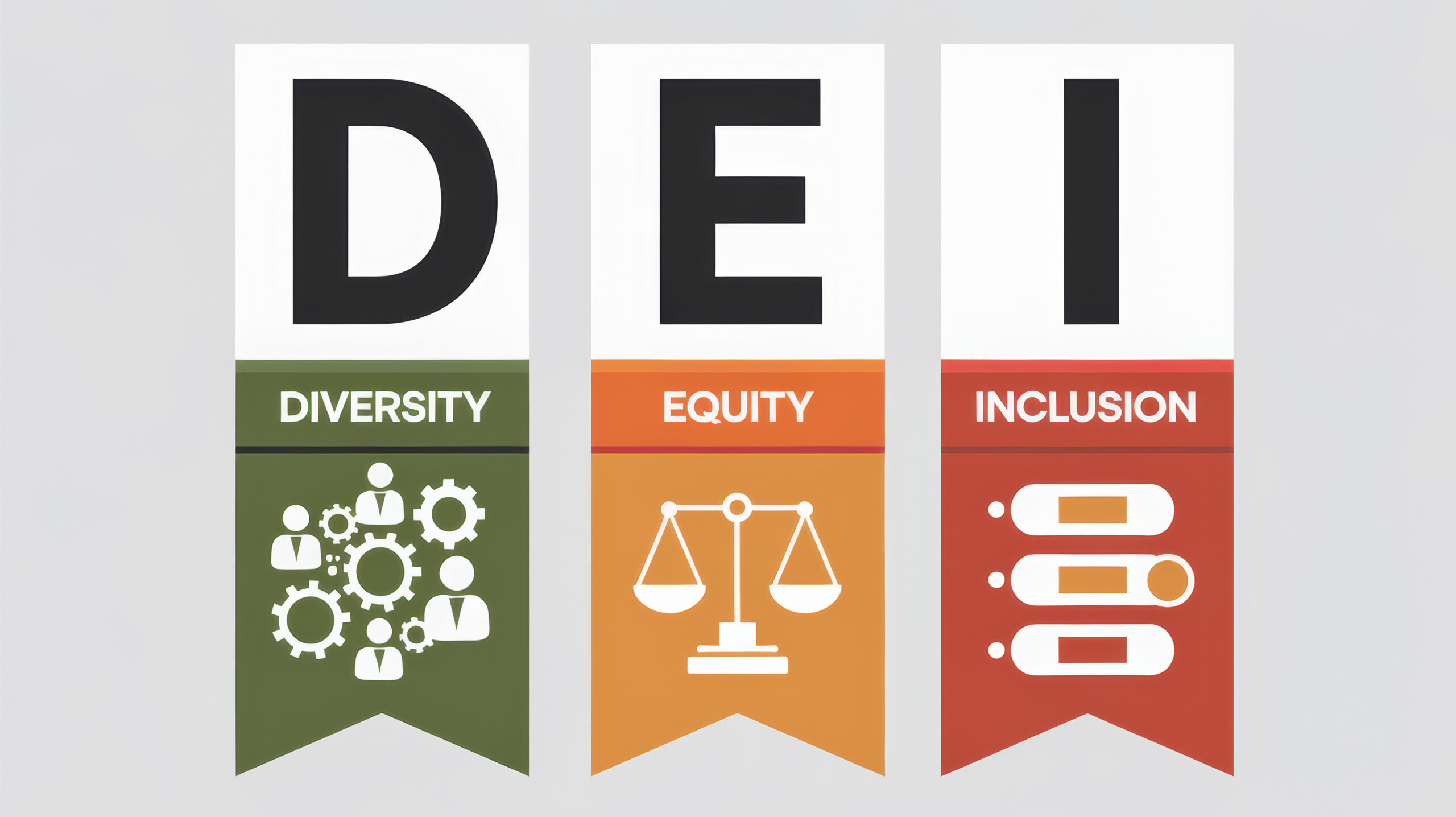“Our youth now love luxury. They have bad manners, contempt for authority; they show disrespect for their elders and love chatter in place of exercise; they no longer rise when elders enter the room; they contradict their parents, chatter before company; gobble up their food and tyrannize their teachers.”
Except for the style of language, you might assume that this is a critique of your generation or mine, but would it surprise you to know that this was how Socrates saw the generation after him in the mid-400s B.C.E.?
Many believe that the nations we refer to as “the West” are populated by some of the most entitled people this world has ever known. I will not argue that one way or another, but entitlement has been with us as long as humanity has been on the planet.
A simple definition of entitlement is embraced in the thought, belief, attitude that, “I deserve more.” In 2016 research, Case Western Reserve University concluded: “Entitlement – a personality trait driven by exaggerated feelings of deservingness and superiority – may lead to chronic disappointment, unmet expectations and a habitual, self-reinforcing cycle of behavior with dire psychological and social costs.”
Dr. John Townsend (a Christian psychologist, leadership expert, broadcaster and best-selling author) writes in his 2015 work, The Entitlement Cure:
1. Everyone feels entitled: from choices or attitudes, past experiences and relationships.
2. Everyone feels “being owed” or “better than” – if good, “I deserve this,” or if bad, “I don’t deserve that.”
3. Everyone has a self-image and wants to believe in their value and specialness.
I know this is true of me, so understanding about myself (because, frankly, there is nothing I can do about entitlement I perceive in other people), is important:
· Based on past experiences with people, places and things, do I think in an entitled way?
· Do my words indicate a sense of entitlement (being owed or deservingness) to the hearer?
· Does my self-image allow me to act in a superior manner, with little or no concern for others?
Many of us have been taught from a young age that we should expect to be rewarded in living, no matter the level of effort or importance of contribution we make. It is not just the Millennials of our time that expect a trophy for not winning or not doing their best – to use a well-worn illustration of the entitlement that psychologists declaim about recent generations in our societies.
The examples of exaggerated feelings of deservingness and superiority in personalities and civilizations are replete in history: from being born into royalty to taking by force what some believed they were entitled to and those referred to as “elites” in our modern world. In the past, it was the few who were able to get what they felt they were owed or what they deserved, but in our time, it is whole groups of people and entire societies that have developed a culture of entitlement.
No doubt we have noticed the increasing narcissism of our leaders and the self-centered, greedy and boastful behavior of many people in our societies. They take from others what they feel is rightfully theirs; they behave in ways that gratify their desire for material goods, foster ungodly human relationships, grab power and they demand recognition and acclaim.
The fruit of this entitlement is also evident among the masses in Western civilization: violence and crime, deteriorated gender perceptions, degenerating class and race relations, trade wars, ruined economies, destroyed families, rampant disease and so many of the social and personal ills we see all around us today.
We witness the appalling increase of spousal and child abuse; the utter disrespect for previous generations; the preoccupation with sex among our populations and the scandals plaguing the entertainment and sports industries, as well as religious and political circles at the highest levels; the plague of alcoholism and drug addiction that is killing thousands of people in Canada, but hundreds of thousands per year in the United States.
As time passes, it seems that human behavior becomes worse and there is a sense of increasing disorder and chaos present as so many strive to take what they are owed, feel they deserve, or expect what they are entitled to. And the means of acquisition is often lawlessness, violating the principles that our societies were built upon.
In other words, bad people, or people turned bad, have become more entitled to violate others and take from them what is not theirs…and many good people will begin to behave in a way that thinks only of themselves – a lack of concern for their fellows, so that human life is denigrated to what one has or can get for one’s self.
This attitude of entitlement was and is validated and approved of because there is seeming justification in “everyone’s doing the same thing”: deciding for themselves what is right and wrong, believing in their own specialness and taking what they feel they are owed.
Each of us is susceptible to this message because in past days we have had it subliminally (these days, quite overtly) injected to our minds throughout life and because entitled thoughts, as borne out in people’s words and actions, are increasingly prevalent around us.
When things go wrong in our lives, do we feel, “I don’t deserve this setback or trial”? When there is an item or relationship or position we want badly, do we believe, “I deserve to have that”? In my case, “Yes” and “Yes”! Maybe you too?
The good news is that there is an antidote to entitlement – not a once and for all cure, but an antidote that may require multiple and constant use. It’s formula is HUMILITY, CONTENTMENT AND THANKFULNESS.
HUMILITY
The first ingredient of the formula, HUMILITY, is a “willing self-abasement” against the desire to be exalted; it is a “purposeful lowering of one’s self-opinion” against the need to feel valued or special.
We should not cherish exaggerated opinions of our own importance, which is the basis of most, if not all, feelings of entitlement. What we believe we should have, what we think should happen in our lives and what we think we should do to achieve desired outcomes are most probably only an overestimation of who we are and what we should expect of life.
Getting rid of the attitude of entitlement requires a sane estimate of who we are, what we are due and acceptance of our lot in this life – in a word: HUMILITY!
CONTENTMENT
It seems that human beings are not easily or permanently contented. It matters not that we are given life and provided with life’s necessities by our Maker – air, water, food, clothing, shelter (unless they are polluted or taken from the weak or poor by the strong and wealthy).
In the West we are blessed with so much more than that, but is there contentment? The news stories we hear about our societies and our peoples; those persons you and I are in contact with on a daily basis; even my own thoughts – reveal an entitlement to more than what we have or should have.
Freeing ourselves from an attitude of believing that we are owed or deserve more requires contentment with our station in life and what we already have – we need not fret about what we don’t have. Another key ingredient in the antidote to entitlement is CONTENTMENT.
THANKFULNESS
In my own life, I have been hungry, in ill-health near death, in need of shelter from the elements, in great danger from armed men in war zones and from deadly animals (I lived and worked in South Asia for periods of time). I should be thankful that God has always provided the essentials of life, healed me and protected me.
I have seen people in some parts of the world that I have visited and worked in, who reside in fear within conflict areas or live in abject poverty and could not dream of any of what I have in this world – I should be thankful that I do not live permanently in such circumstances.
Sometimes, though, I look at my present surroundings and listen to the messaging in our societies about what I should have, what I deserve to have, what I am entitled to have – and I am shocked to find that, time and again I have forgotten to be thankful for what I have.
As a sidebar, “WebMD” has a helpful article on Entitlement Mentality [https://www.webmd.com/mental-health/what-is-an-entitlement-mentality] with a section titled, How Entitlement Mentality Affects Relationships and Mental Health, which outlines some of the damage that a sense of entitlement can create in any of us.
In the country and environment that I live in, I have so much to be grateful for. One would think that I would not bother dwelling on what I don’t have, but I do all too often. The only way to banish these naturally occurring thoughts is through THANKFULNESS.
Entitlement – the attitude of deservingness or being owed – has been around from the dawn of the civilization and it has not lessened among humanity with the passing of time. It seems the world, with all the wars, crime and violence to take by force what is “owed,” and the coveting, envies and greed involved with what is “deserved,” is imploding under its weight, and you and I cannot help but be affected.
Please consider the antidote to the scourge of entitlement that so profoundly affects our Western world today: Live with HUMILITY, seek CONTENTMENT, and be THANKFUL!









